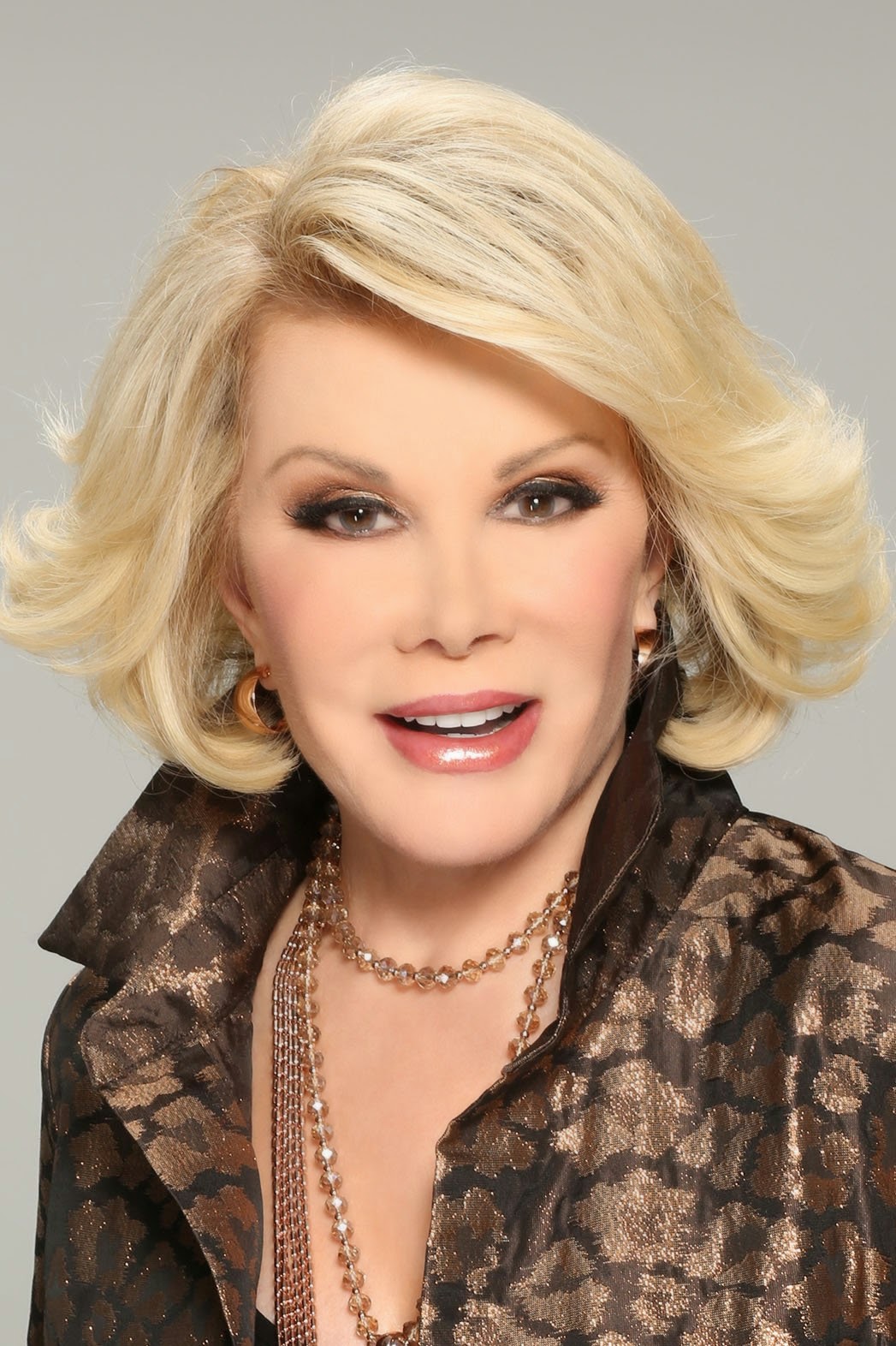The internet's buzzing about True Detective and now that I've finally caught up I feel the need to make guesses just like everyone else!
Here are some theories that have been floating around and my responses to them.
1) Marty Hart is the killer.
While Hart is by no means likable, I don't buy him as the Yellow King. People have supported this argument by pointing out the scene where Hart hugs his daughters next to a drawing (in his own home!) of a spiral.
But who did that drawing? It looks like the artwork of a child. That coupled with his young daughter Audrey's realistic and disturbingly pornographic drawings of sex acts, placing her dolls in compromising positions, her later acting out, and her seemingly mature sexual promiscuity all suggest that Audrey herself was sexually abused. This suggests that Audrey is more connected to the Yellow King than Hart is (although still leaves room for the theory that Hart introduced her to him). But did he do it knowingly? His reaction to the boys sexually engaging with her in a car, while over the top and even sadistic, is not the action of a man who would have allowed his daughter to be sexually abused.
Of course, this does leave room for a disturbing truth: he may not allow anyone else to touch his daughter but could Hart have abused Audrey? Although he has shown a penchant for younger women they have all been legal and he seems disgusted by the sex trade, even going as far as offering a young Beth money to try to persuade her to leave the prostitution trailer park. Still, he has shown a shockingly violent reaction to others stepping in on women he views as "his", case in point his reaction when his first affair went south and she slept with someone else. That man certainly got a beating.
Still, Audrey being abused by the Yellow King isn't too much of a stretch. We all know he had a penchant for young children.
Could it have something to do with Dana's father? The scene where her mother oddly states "he wouldn't even give his own daughter a bath" suggests pedophilia in a roundabout manner.
Brandon Carbough writes about how the sequence of the girls playing with a tiara in the front yard which then ages them, is filled with dread not because anything specifically horrible happens to them, but rather that the passage of time is the horrible thing.
But what if during that transition from bossy older sister to drunken teen is more than it seems. Is Audrey scarred by her childhood? What exactly happened during the time period of that simple argument over the tiara? Perhaps even the tiara is a symbol; was Audrey the "princess" of the Yellow King?
2) Beth is the missing girl
This is a theory I came up with while watching the show, though I am sure it has been posited elsewhere. When the detectives first run into Beth at the trailer park they're told she ran away to escape an uncle.
When the detectives go to interview the ex-football player with significant brain damage (who also is the missing child's uncle), the aunt says that she "loved it" there and spent more time there than at her own home. She also mentions that her husband was devastated when the girl disappeared.
The depressing play area that the detectives compliment may be shown as grey and dingy because the girl is missing, but it may also be that way because something sinister once happened there.
Is Beth that same child all grownup? Did her uncle somehow introduce her to the cult? Did she somehow survive the Yellow King? The fact that she is brought back into the series in episode five suggests that she has more to share; she is not just the reason for the dissolution of Hart's marriage but instead perhaps a clue in and of herself. Again, her sexual promiscuity may be a sign of childhood abuse. Did her uncle start it all?
3) Maggie is more involved than initially apparent.
Early on in the show we are made to feel for Maggie. Marty may not be a bad guy, but he's definitely a bad husband. But in episode six her true colors come to light. Not only does she seduce Rust, her main reason for doing so is to punish her husband. 'Not only did I cheat on you too, I did it with your partner!' The way she so blankly lies at the end of episode six, stating that she has no idea why Rust quit, makes her at the most a psychopath, or at the least a credible liar. Why?
Is it at all plausible that Maggie is the Yellow King? That would be particularly disturbing considering she is perhaps the most likable character for most of the first six episodes.
There are other hints that Maggie may be more involved than we think; viewers have pointed out there are several scenes where Marty is placed in scenes that have to do with antlers. People often interpret this as proof that he is the Yellow King, due to the crown of antlers on Dana's head.
But traditionally antlers are a sign of a cuckolded man; a man whose wife is cheating on him. This is a recurrent theme in Shakespeare plays, and considering the writer's affinity for classic literature he may be making his reference.
As far as we know the first time Maggie cheats on Marty is with Rust, right before he quits his job. Does she cheat on him in another way? Is she lying about her involvement in the murders?
Or, is the creator simply making a joke, reversing the idea of cuckolding by making the cheater (Marty) wear the horns.
Stepping away for traditional uses of the term, since the 1990s there have been fetishists who support cuckolding, the majority of them place the women in the sexually dominant role. Psychology often views this as a form of masochism. Again, both of these could support Maggie having some larger power.
Antlers can, after all, have dual purposes, they don't all have to be about the Yellow King. Or maybe, in a roundabout way, even the cuckolding reference is about the Yellow King.
4) Is Maggie's father the Yellow King?
He certainly has racist and conservative views, but do those views add up to make him a sadistic cult leader? Perhaps Maggie's lying abilities are from her father?
He would also have easy access to Audrey.


























